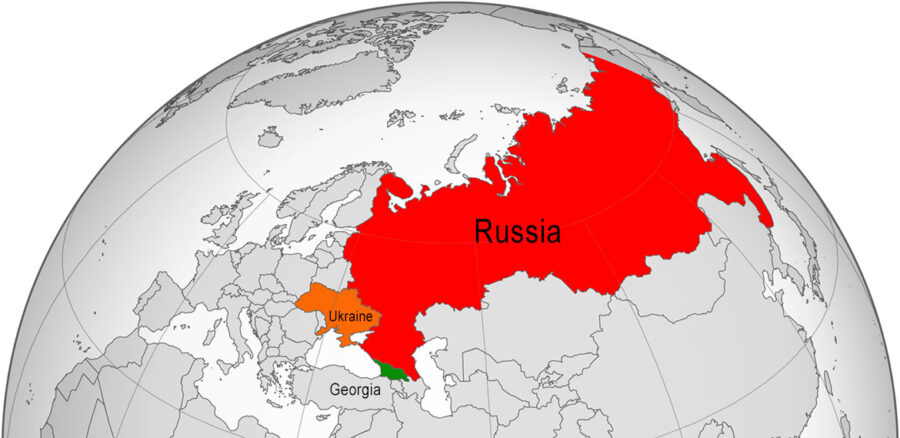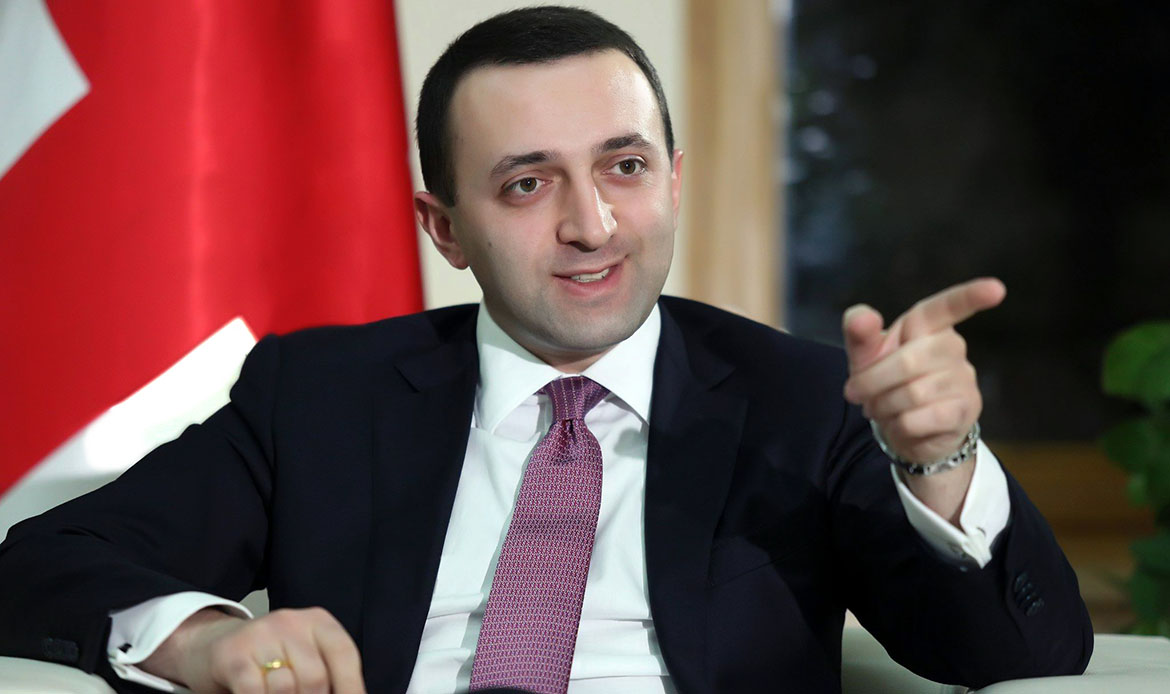In a significant setback for pro-Western forces, the Georgian Dream party has secured a decisive victory in Georgia’s recent parliamentary elections, maintaining its grip on power with more than 54% of the vote. This outcome substantially impacts the country’s political trajectory, particularly concerning the West’s aspirations for EU integration.
The elections, seen as a pivotal moment in determining whether Georgia would continue its pro-Western path or pivot towards Russia, saw the Georgian Dream party, led by the influential billionaire Bidzina Ivanishvili, reaffirm its dominance.
The opposition, which had hoped to form a coalition to challenge the ruling party, accused the electoral process of being a ”constitutional coup,” alleging intimidation and voter manipulation.
According to reports, the opposition’s loss can be attributed to several factors. The Georgian Dream’s campaign focused on peace and stability with Russia, resonating with voters wary of conflict following the 2008 war with Moscow over South Ossetia and Abkhazia.
Moreover, the ruling party’s rhetoric against the pro-Western opposition framed them as instigators of potential conflict, appealing to those prioritising national security over EU integration.
President Salome Zourabichvili, a pro-Western figure, has denounced the results, calling for protests and describing the elections as part of a ”Russian special operation” aimed at derailing Georgia’s European future.
The electoral victory of Georgian Dream has sparked protests across the capital and other cities, with opposition leaders refusing to acknowledge the results and demanding new elections.
The situation remains tense, and the opposition’s plans to challenge the government’s legitimacy could lead to further political instability.

Georgia has a crucial strategic position (like Ukraine) in the Western proxy war against Russia since the country borders Russia.
The fallout from this election could ”jeopardize” Georgia’s EU candidacy, which has already been suspended due to previous legislative moves by the Georgian government perceived by the West as authoritarian, including a ”foreign agents”.
As Georgia stands at a crossroads, the ruling party’s victory might steer the nation closer to Russia. This would challenge the West’s longstanding aspirations for Georgia to have closer ties with the Western alliance while highlighting the complex interplay of domestic politics and international relations in this militarily significant region.
The opposition Mtavari television channel, citing its sources, reported on December 3rd that Irakli Garibashvili was leaving the party, but Vice speaker of Georgia’s parliament, Giya Volsky, has refuted reports that the leader of Georgian Dream quit the party, according to TASS.
Sources
- New York Times: Governing Party in Georgia Wins Election, as Opposition Calls for Protests
- Le Monde: Georgia pro-Western opposition parties reject ’falsified’ election results
- Associated Press: Georgian president won’t recognize parliamentary election result and calls for a protest
- RT: Turmoil in Tbilisi: Why are we seeing violence on the streets of another post-Soviet capital?
- The Guardian: Georgia’s ruling pro-Russia party retains power in blow to EU aspirations
- TASS: Senior Georgian lawmaker denies reports saying ruling party’s leader left party


